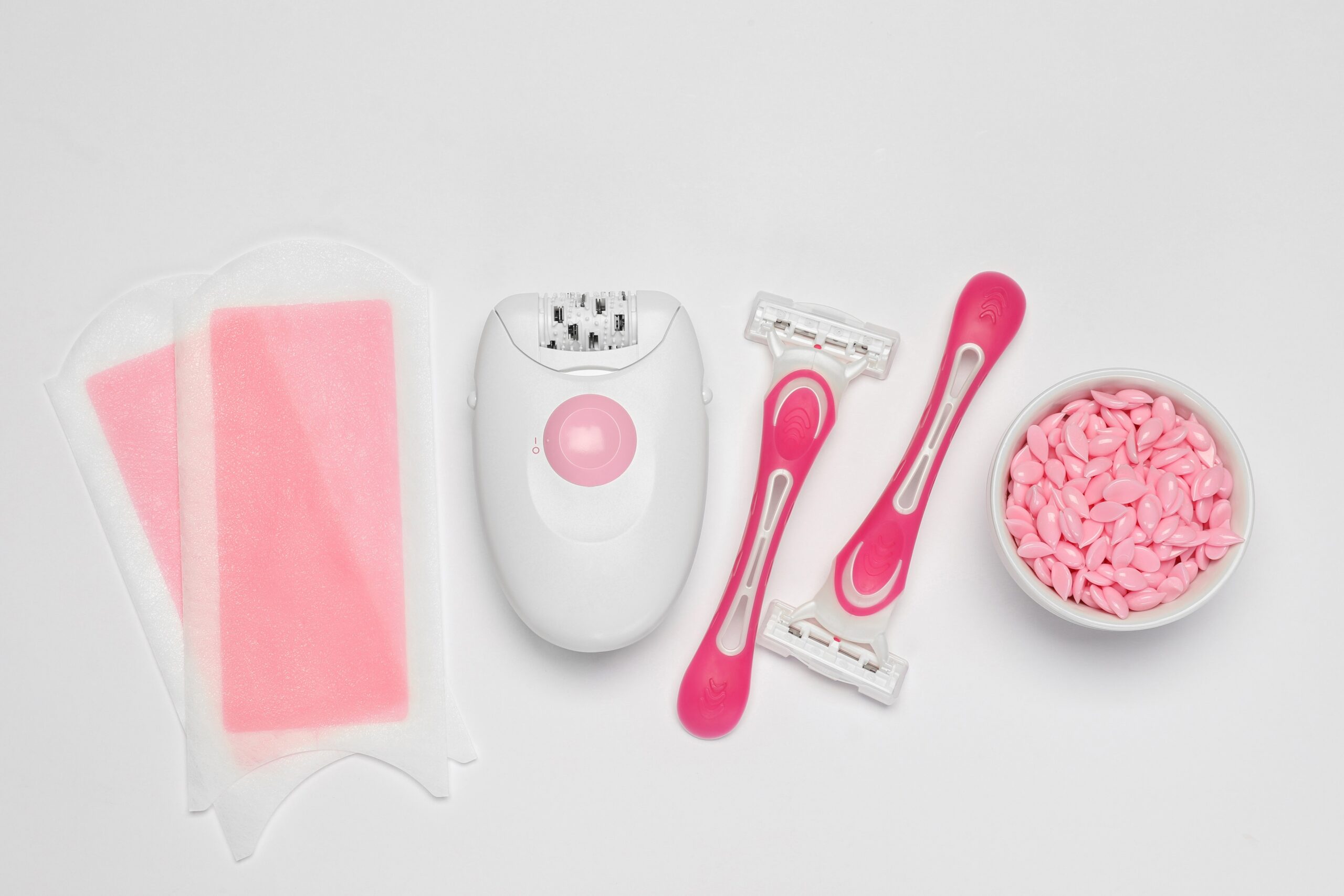Hirsutism, the excessive growth of hair in women, often finds its roots in conditions like Polycystic Ovary Syndrome (PCOS). PCOS, a hormonal disorder affecting the ovaries, triggers an imbalance in androgen levels, leading to unwanted hair growth. However, Hirsutism isn’t exclusive to PCOS or just women, although it is harder to detect in males. It can also come from other medical conditions, such as Cushing’s syndrome or congenital adrenal hyperplasia, and certain medications like steroids.
Understanding the underlying causes is crucial in developing effective strategies for managing Hirsutism. While PCOS is the common culprit, a comprehensive medical evaluation can help identify other contributing factors. Awareness of potential triggers empowers individuals to address the root cause of Hirsutism, facilitating a more targeted and personalized approach to treatment.
Treatment Options for Hirsutism
Treatment options for Hirsutism vary, offering individuals the flexibility to choose an approach that aligns with them. Hormonal interventions, such as oral contraceptives, are a common choice. These medications help regulate androgen levels, addressing the hormonal imbalance at the core of Hirsutism. Anti-androgen medications, like spironolactone, provide an additional avenue by directly blocking the effects of androgens, and reducing unwanted hair growth.
Cosmetic treatments also play a significant role in managing Hirsutism. Laser hair removal, a popular option, targets hair follicles, leading to a long-term reduction in hair growth. This non-invasive procedure addresses the physical aspect of Hirsutism and contributes to an improved sense of well-being and confidence.
Beyond medical interventions, lifestyle changes can complement treatment efforts. Adopting a balanced diet, exercising regularly, and managing stress contribute to hormonal balance. While these lifestyle adjustments may not be standalone solutions, they support managing Hirsutism.
Fashion Influencer Daquana White’s Journey
A prominent figure shedding light on this condition is fashion influencer Daquana White, who bravely shares her journey with Hirsutism caused by PCOS.
Credit: @thedaquanawhite/TikTok
Daquana White’s journey exemplifies the power of self-love and acceptance in the face of Hirsutism. Her advocacy highlights the struggles and emphasizes that beauty extends beyond societal standards. By sharing her experiences, Daquana encourages a more inclusive and compassionate dialogue around Hirsutism, fostering a community where individuals can find support and understanding.
Navigating Hirsutism involves understanding its causes and considering a range of treatment options. PCOS is a common trigger, but awareness of other potential causes allows for a more thorough and personalized approach. From hormonal interventions like oral contraceptives and anti-androgen medications to cosmetic procedures like laser hair removal, individuals have diverse options to address the condition. Combining medical treatments with lifestyle adjustments provides a holistic strategy for managing this condition, empowering individuals to regain control and confidence in their journey towards self-acceptance.
